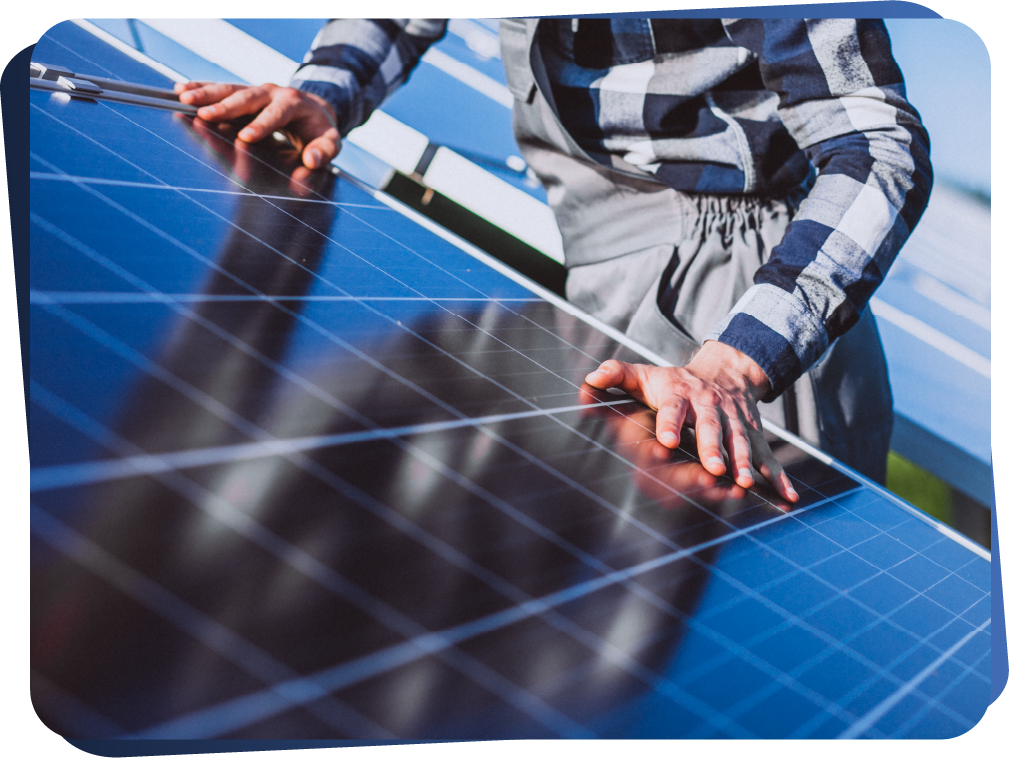As electric vehicles (EVs) become increasingly popular across Australia, more homeowners are opting to install EV chargers at home. But before you book an installer or buy a charging unit online, it’s essential to understand the technical and legal requirements.
From safety codes to permits for home EV chargers and selecting the right equipment, this guide covers everything you need to know before getting started.
Why Install an EV Charger at Home?
Charging your EV at home is not only more convenient but also more cost-effective in the long run. With the ability to plug in overnight and start each day with a full battery, you can avoid peak-hour public charger queues and reduce your reliance on commercial infrastructure.
However, home installation isn’t as simple as plugging in a device—it involves careful planning, and in many cases, approval from your local council or electricity distributor.
Do I Need a Permit for My Home EV Charger?
This is one of the most common questions asked by new EV owners: Do I need a permit for my home EV charger?
The short answer: it depends.
In many parts of Australia, installing a home EV charger requires a permit, especially for higher-capacity Level 2 chargers that operate on a dedicated circuit. Some councils and distribution networks mandate approval to ensure the charger complies with safety standards and doesn’t overload the local grid.
Permits also ensure that installation is carried out by a licensed electrician, which is crucial for protecting both your home and your warranty. If you’re unsure, check with your local government or electrical authority before beginning the process.
Understanding the Permit for Home EV Chargers
If you’re planning to install a charger with a capacity over 3.6kW, a permit for home EV chargers is often required. These permits typically involve:
- A site inspection or load assessment
- Electrical safety checks
- Compliance with AS/NZS 3000 Wiring Rules
- Submission of documentation and diagrams
Some installation companies handle this process on your behalf, but it’s always worth confirming what’s included in their service package.
Choosing the Right Charger and Installer
To ensure a smooth installation, you’ll need to select both a suitable charger and a qualified installer. Consider the following:
- Power Output: Choose a charger that aligns with your EV’s battery and your home’s electrical capacity.
- Smart Capabilities: Opt for smart chargers that offer app control, energy tracking, and solar integration.
- Certified Installers: Always choose electricians experienced in EV charger installation and certified by Clean Energy Council or equivalent bodies.
Remember to ask the installer questions like: “How safe are smart EV charges?” A reputable professional will be able to walk you through the safety protocols and ensure the charger is installed in compliance with Australian standards.
Installation Costs and Timelines
Installation costs can vary significantly depending on your home’s wiring, switchboard capacity, and the charger type. On average, expect to pay between $1,200 and $2,500 for both the charger and installation.
Timelines also vary, while basic installations may be completed in a day, more complex setups requiring switchboard upgrades or trenching may take several days and require additional inspections.
Ready to Power Up?
Installing a home EV charger is a smart move for convenience, efficiency, and long-term savings. But it’s not a DIY project. Understanding whether you need a permit for your home EV charger, knowing how the permit for home EV chargers process works, and partnering with a certified installer are key to a smooth and safe setup.
If you’re ready to take the next step, reach out to Core Energy Solutions. We’ll walk you through the process from permit to plug-in—hassle-free.
